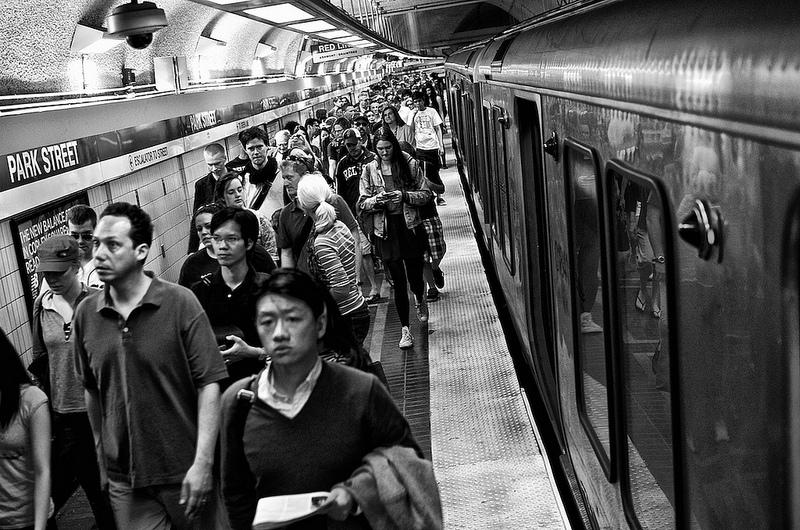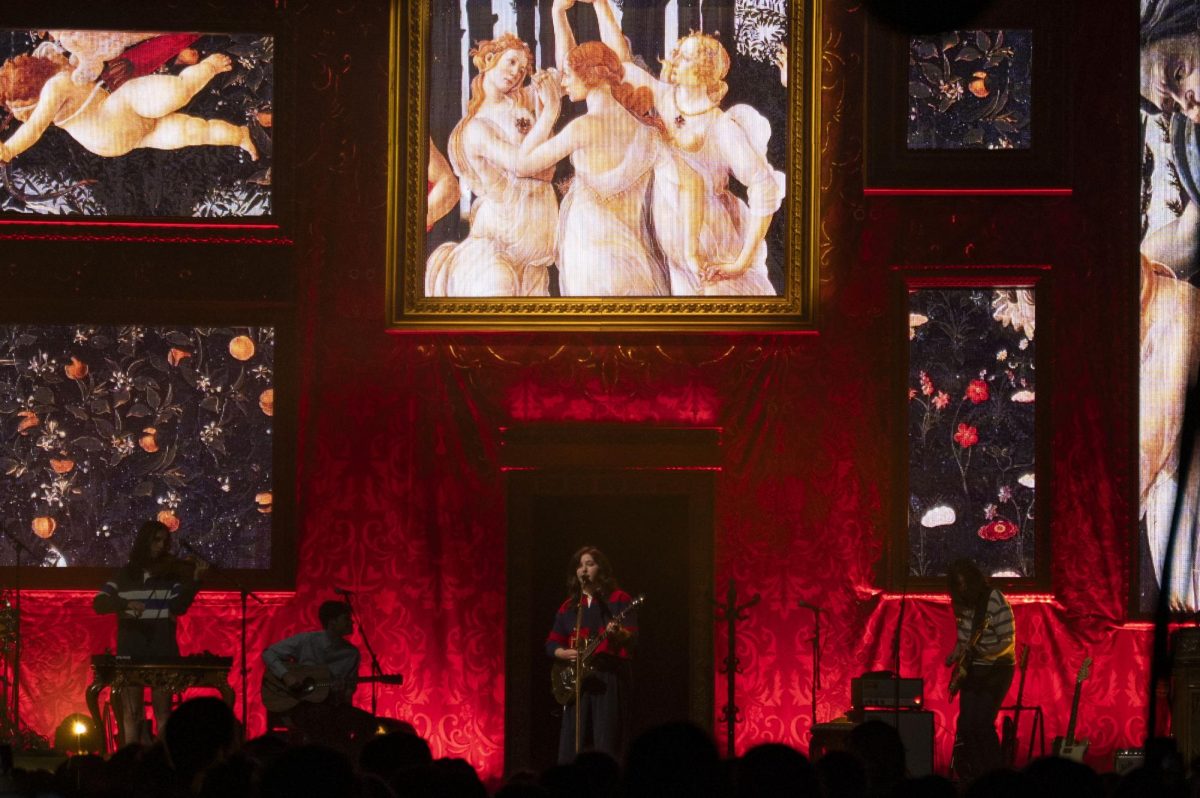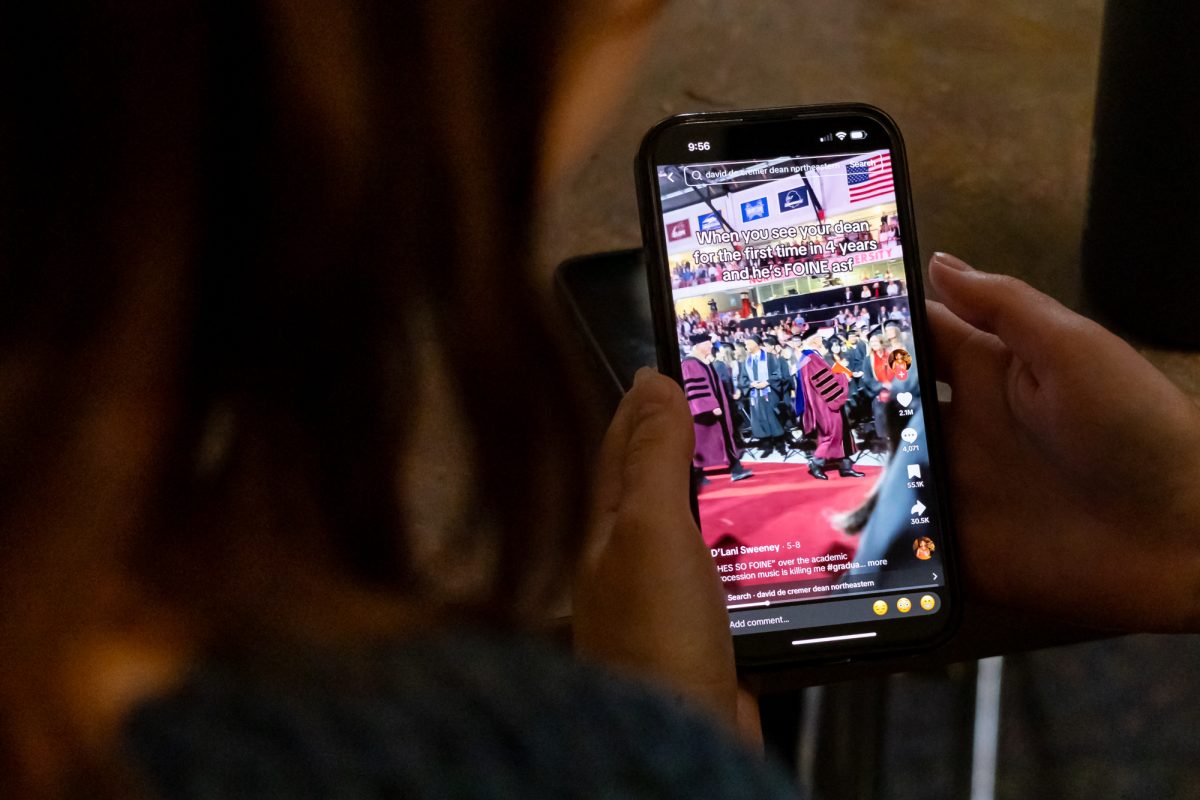By Angelica Recierdo, news staff
Hooded eyes, hunchbacks, and frantic fingers become of the passengers like an urban legend of metamorphosis. They warm the seats with the labor of the work they don’t care for. No one can muster the will to make any feasible eye contact except perhaps a quick aversion when elbows have been jostled or bags bumped into. Weariness and apathy sit heavy on shoulders like boulders. The doors shut mechanically, unaware of the limb it almost snapped or the nose of the person they rejected from boarding. This is what a typical ride on a subway or train is like, but what if it didn’t have to be this way?
So you’re new to this city and you notice the man sitting next to you with kind eyes and a bicycle is reading a book you just read. What if instead of plugging your ears back up with the same old playlist from your phone, you ask him about bike paths around here, and how does he like the book so far? At every T stop,you find your friendship budding. A 15-20 minute commute suddenly feels like a breeze, punctuated with laughs and head nods as the body of the car swerves through tunnels of darkness. When it’s time to part ways maybe a substantial connection was made, maybe not. But imagine if two people could quickly name and establish their similarities in a time frame as short as a few subway stops, what more out in a community?
You and the nice cyclist guy will never be the same. From now on, you will both insert a little humanity into every future plane ride or elevator ride. Every randomized gathering of people, like in a dentist’s waiting room or at the DMV, will be welcomed with some charming banter. And so it will pass on like small ripples. This is where community is fostered, in the moments when our lives are in transit waiting for the next stop. What you do with the waiting is everything. It’s a “hello” and “good morning” to your fellow commuters. It’s passing off this morning’s issue of Metro to another person as a ritual before work. Community is helping a woman clean up her coffee spill or peeking your head out past the curtain to say “thank you” to the driver. When we choose to brush off these moments of human interaction, it will be easier to turn the other cheek in times of adversity.
When we shove and scoff and feign invisibility, who wins? What’s the point of wearing a cloak of silence, an expressionless face? When did the subtlest and gentlest of human actions become awkward, unbearable even? It’s not enough to unplug and look up, challenge yourself to look around, find someone whose line of vision catches yours and smile a genuine smile. A crinkly-eyed, dimpled smile that says “Hey, you and I are in the same boat right now and that’s just fine.” Everyone tries to look busy on their devices and when we put on that armor that says “don’t bother me” it makes apathy acceptable. It establishes the sentiment that ignoring others is not only normal, but expected.
So don’t “reply,” respond. Don’t “like,” appreciate. Don’t “send,” give. Yes, we have the whole world at our fingertips, granted access to us through a screen, but it’s elusive and unattainable. When we log in, log out, connect, disconnect, we become the kid on the see-saw of life who doesn’t know how to balance. Did you ever imagine that today’s greatest life courtesy would be free Wi-Fi? Perhaps if we remained “turned off” longer, it wouldn’t be so difficult to “turn on” human interaction and communication.
I once met a middle-aged couple who were professional sailors. They had sailed around the world twice, once competitively and once at their own leisure. They’d swam in most of the globe’s oceans and seas and had a way about them that made them seem invincible against any element of nature. I asked them “where’s paradise?” And the woman smiled a big grin that squinted her eyes against the sunlight. She said, “paradise is where there’s no internet signal.”
Photo courtesy Almond Dhukka, Creative Commons.









